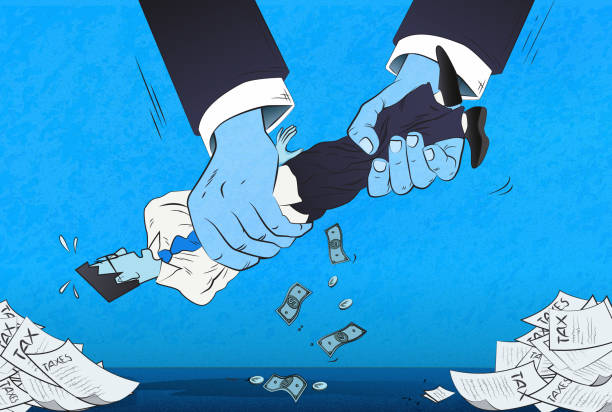Price Controls Threaten Popular Drug Discount Program
We have all heard the saying if it ain't broke, don't fix it. Well that is exactly what Congress is planning to do to the new Medicare drug benefit. The House of Representatives just passed H.R. 4, which says the Secretary of Health and Human Services "shall negotiate" prices for the Medicare Part D drug program.
Changing Medicare Part D makes no sense, because the drug benefit is already performing well, and any tinkering now will only hurt people in the program. In place just over two years, Part D is bringing major benefits to millions of elderly Americans by sharply reducing their prescription drug costs, exactly as intended when President Bush signed the bill in December 2003.
Currently, private insurers who participate in Medicare negotiate drug prices with pharmaceutical companies, then pass the savings on to their members. This works because, unlike other entitlement programs, seniors in Part D are allowed to choose their own drug plan, creating competition among insurers, which in turn improves quality and drives down prices.
Choice and competition have cut average monthly premiums for seniors to around $22 a month, or 40% less than originally projected. Surveys show seniors regularly express satisfaction levels of 75% or higher. Shockingly for an entitlement, future budget projections for Part D have actually fallen by billions of dollars, meaning the program is costing taxpayers far less than originally estimated.
Despite its documented success, powerful Members of Congress insist on attempting to "improve" the program. At first glance, requiring the government to negotiate drug prices seems like a popular, commonsense idea. One survey shows that initially most Americans support it, until they learn that limiting choice would be part of the deal. Any drug that does not make the governments negotiated list would not be available to participants through the program. When survey respondents learn that, support for the idea collapses to barely 30%.
The problem is one does not "negotiate" with the federal government, just ask anyone who has had a tax return audited. The national government is such a massive purchaser that, under H.R. 4, it would simply dictate how much will be paid for prescription medicines, resulting in de facto price controls. Some people may think that is just fine, but that is because they don't realize that price controls always lead to shortages.
An important economics book, "40 Centuries of Wage and Price Controls," by Robert Schuettinger and Eamonn Butler, examined price control efforts by governments from Hammurabi to Richard Nixon. The authors discovered three important lessons: 1) price controls never work, 2) price controls never work, and 3) price controls never work.
Here's why. The balance of supply and demand relies on free exchanges that are mutually beneficial. That is what makes free market capitalism so powerful. Every voluntary transaction between a willing buyer and a willing seller results is a win-win for both parties. Adam Smith recognized that people's constant "propensity to truck, barter and exchange one thing for another" as they seek to improve their own situation, leads to millions of voluntary exchanges which, added together, greatly benefit society as a whole. In fact, our everyday experience amply demonstrates that when people are free to cooperate with minimal government interference the result is abundance, high quality and low price.
When an outside power like the government steps in and imposes an arbitrary limit, like fixing the price, it destroys the voluntary nature of the transaction. Now for one party, in this case the seller, the transaction is no longer win-win, but a sure loser. The seller no longer wants to participate, and quickly looks for the least costly way out of conducting the transaction. Supply disappears and scarcity results.
The government is already trying to dictate drug prices on a smaller scale through the Veterans Administration. The experience has not been a good one. A Manhattan Institute study found that only 38% of drugs approved by the FDA in the 1990s are on the VA drug formulary list, and since 2000, only one in five FDA-approved drugs has made the VA's list. The agency, not doctors or patients, is deciding what drugs will be made available to sick veterans.
Message to Congress: markets work. Imposing price controls in the form of forced negotiations will only damage a program that is already working to lower drug costs for seniors. Don't try to fix what is not broken.




